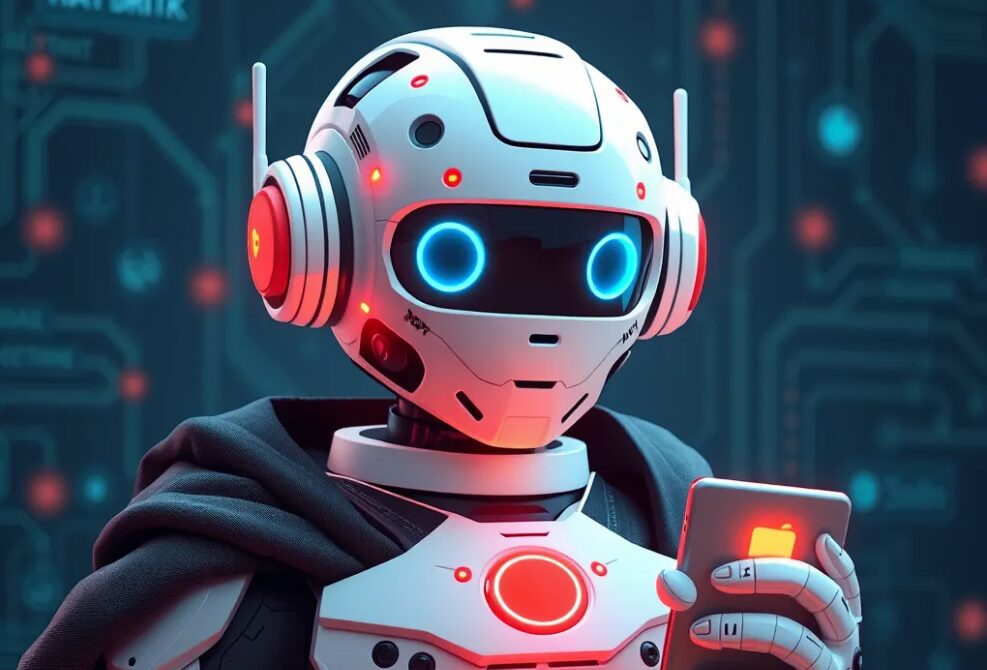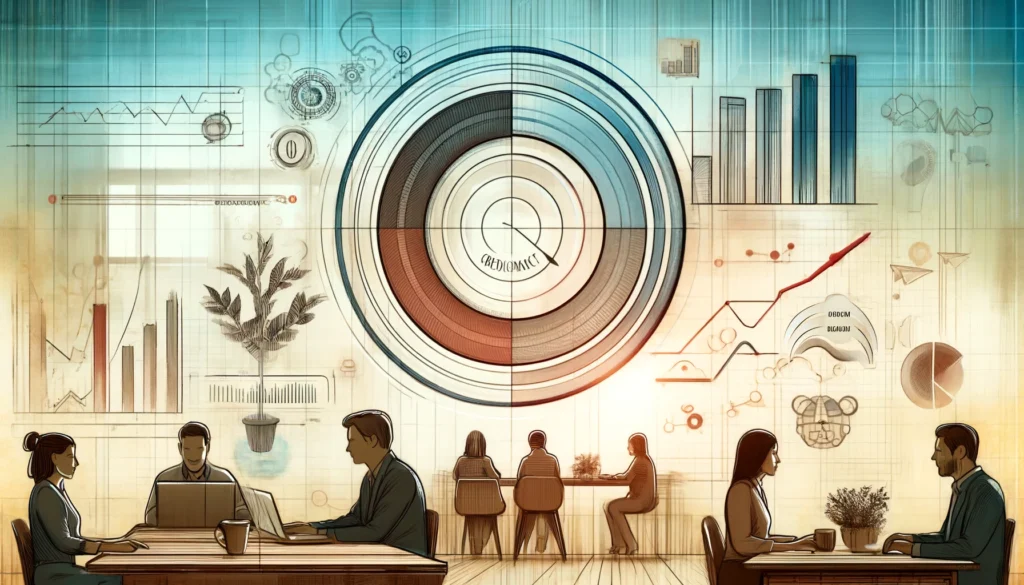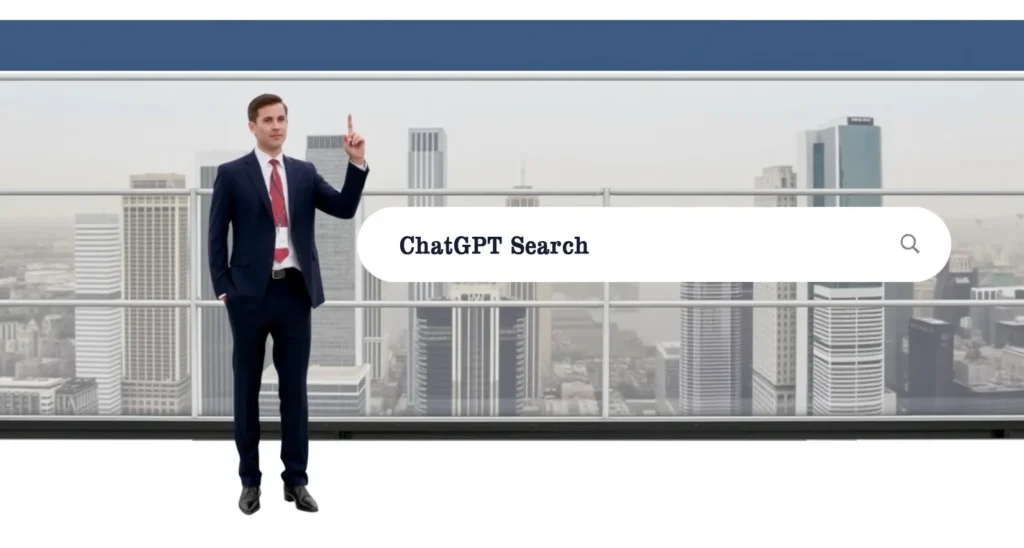Transforming HR with AI: The Future of Recruitment

Artificial Intelligence (AI) has rapidly revolutionized various aspects of business, and one area where its impact is profoundly felt is Human Resources (HR). The integration of AI in HR processes, particularly in recruitment, is not just a trend but a transformative shift that’s reshaping how organizations attract, select, and retain talent. Let’s delve deeper into how AI is revolutionizing HR and recruitment, highlighting its applications, benefits, challenges, and future trends.
Historical Background
The journey of AI in business began decades ago with early experiments in machine learning and automation. In HR, the initial applications were rudimentary, involving basic data processing and automated responses. However, as AI technology evolved, so did its capabilities in HR. The milestones in this development include the introduction of sophisticated algorithms, the rise of natural language processing (NLP), and the integration of AI-driven analytics in decision-making processes.
AI Technologies in HR and Recruitment
AI technologies underpin many of the advancements in HR. These include:
- Machine Learning:
- Utilizes algorithms and models to analyze vast amounts of data, enabling predictive analytics that forecast future trends and behaviors.
- Natural Language Processing (NLP):
- Powers tools for resume parsing and chatbots, enhancing candidate engagement and streamlining communication.
- Computer Vision:
- Facilitates facial recognition during interviews and emotion detection, providing deeper insights into candidate responses.
- Data Analytics:
- Employs big data to track metrics and KPIs, supporting informed decision-making in HR processes.
Applications of AI in Recruitment
AI’s applications in recruitment are diverse and impactful:
- Talent Sourcing:
- Automated resume screening saves time and effort by quickly identifying suitable candidates.
- Social media and network analysis expand the talent pool by identifying passive candidates.
- Candidate Matching:
- Job-fit algorithms ensure that candidates are matched with roles that align with their skills and experiences.
- Skill assessments and profiling provide a deeper understanding of a candidate’s capabilities.
- Recruitment Marketing:
- Personalized job advertisements engage potential candidates more effectively.
- Candidate engagement platforms keep applicants informed and interested throughout the recruitment process.
- Interview Process:
- Video interview analysis uses AI to evaluate candidate responses and non-verbal cues.
- AI-driven assessment tools offer objective evaluations, reducing bias.
Applications of AI in HR Management
Beyond recruitment, AI enhances various HR management functions:
- Onboarding:
- Automated onboarding processes ensure a smooth transition for new hires.
- Virtual onboarding assistants guide new employees, answering questions and providing necessary resources.
- Employee Engagement:
- Sentiment analysis tools gauge employee satisfaction and morale.
- Feedback systems collect and analyze employee input, promoting continuous improvement.
- Performance Management:
- Continuous performance monitoring provides real-time insights into employee productivity.
- Predictive performance analytics identify potential issues and opportunities for development.
- Learning and Development:
- Personalized learning paths tailor training programs to individual needs.
- AI-driven training programs adapt content based on employee progress and feedback.
- Retention Strategies:
- Predictive attrition analysis identifies employees at risk of leaving.
- Customized retention plans address specific needs and concerns, improving employee satisfaction.
Benefits of AI in HR and Recruitment
The benefits of integrating AI in HR and recruitment are significant:
- Efficiency and Speed:
- Reduced time-to-hire accelerates the recruitment process, filling positions faster.
- Faster HR processes improve overall organizational efficiency.
- Cost Reduction:
- Lower recruitment costs result from automation and streamlined processes.
- Savings in HR operations can be redirected to other strategic initiatives.
- Improved Candidate Experience:
- Enhanced communication ensures candidates are well-informed and engaged.
- Better job matching increases the likelihood of long-term employee retention.
- Enhanced Decision Making:
- Data-driven insights provide a solid foundation for HR decisions.
- Reduced bias ensures fairer, more equitable hiring practices.
Challenges and Ethical Considerations
Despite its advantages, AI in HR comes with challenges:
- Data Privacy and Security:
- Handling sensitive information requires strict data protection measures.
- Compliance with regulations such as GDPR and CCPA is essential.
- Bias and Fairness:
- Algorithmic bias can perpetuate existing inequalities.
- Ensuring diversity and inclusion requires vigilant monitoring and adjustment.
- Transparency and Accountability:
- Explainability of AI decisions is crucial for trust and compliance.
- Legal and ethical implications must be carefully considered.
- Human-AI Collaboration:
- Balancing automation with a human touch is vital for effective HR management.
- Training HR professionals to work alongside AI is essential for success.
Case Studies and Examples
Several companies have successfully implemented AI in their HR processes:
- Unilever:
- Utilizes AI-driven video interview analysis to assess candidates’ facial expressions, tone, and word choice.
- This approach has resulted in a more diverse and high-quality talent pool.
- IBM:
- Uses predictive analytics to identify employees at risk of leaving and develop targeted retention strategies.
- This has significantly reduced employee turnover rates.
Future Trends and Directions
The future of AI in HR is promising, with several emerging trends:
- Emerging AI Technologies:
- AI and blockchain integration enhance transparency and security in HR processes.
- Advanced predictive analytics offer deeper insights into workforce trends.
- The Future of Work:
- AI’s impact on HR roles will continue to evolve, with new skills and competencies required.
- Preparing for the future workforce involves embracing AI and continuous learning.
- Continuous Improvement:
- Ongoing innovation in AI for HR will drive further enhancements in efficiency and effectiveness.
- Adapting to changing business needs is crucial for sustained success.
Conclusion
The transformative potential of AI in HR and recruitment is undeniable. From improving efficiency and reducing costs to enhancing the candidate experience and supporting data-driven decision-making, AI offers numerous benefits. However, addressing challenges related to data privacy, bias, and transparency is essential for successful implementation. As AI technology continues to evolve, its impact on HR and recruitment will only grow, shaping the future of work in profound ways.
Resources – AI in Business: HR & Recruitment
Articles and Papers
- “How AI is Changing the Future of Recruitment” – Forbes
- This article explores how AI tools are streamlining the recruitment process, from candidate sourcing to interview scheduling and beyond.
- “AI for Recruiting: A Literature Review” – SpringerLink
- This academic paper reviews various AI methodologies applied to recruitment, analyzing their effectiveness and challenges.
- Access the paper
- “The Impact of Artificial Intelligence on Recruitment and HR” – SHRM
- The article discusses the implications of AI for recruitment practices, including ethical considerations and best practices.
Books
- “Artificial Intelligence for HR: Use AI to Support and Develop a Successful Workforce” by Ben Eubanks
- This book provides practical insights on integrating AI into HR practices, including recruitment.
- Find it on Amazon
- “The Future of Recruitment: How AI and Big Data Will Transform HR” by Franziska Leutner, Reece Akhtar, and Tomas Chamorro-Premuzic
- This book explores how AI and big data are reshaping the recruitment landscape and what HR professionals can do to adapt.
- Find it on Amazon
Online Courses and Webinars
- Coursera: “AI in People Analytics” by Wharton School
- This course provides an overview of how AI is used in people analytics, including recruitment processes.
- Enroll here
- LinkedIn Learning: “AI in Talent Acquisition”
- This course covers how AI tools can be used in talent acquisition, enhancing the recruitment process.
- Enroll here
- Webinar: “AI for Recruitment: How to Hire Faster and Smarter” – AIHR
- This webinar discusses the latest AI trends in recruitment and provides practical tips for implementation.
Research Institutions and Industry Reports
- McKinsey & Company: “How AI Can Improve Recruitment”
- This report highlights how AI technologies can enhance recruitment processes, from candidate screening to onboarding.
- Deloitte Insights: “AI in HR: A No-brainer”
- This report explores the various applications of AI in HR, with a focus on recruitment and talent acquisition.
- Gartner: “Top 5 Use Cases for AI in HR”
- This report identifies the top use cases for AI in HR, including recruitment, and provides insights on best practices.





